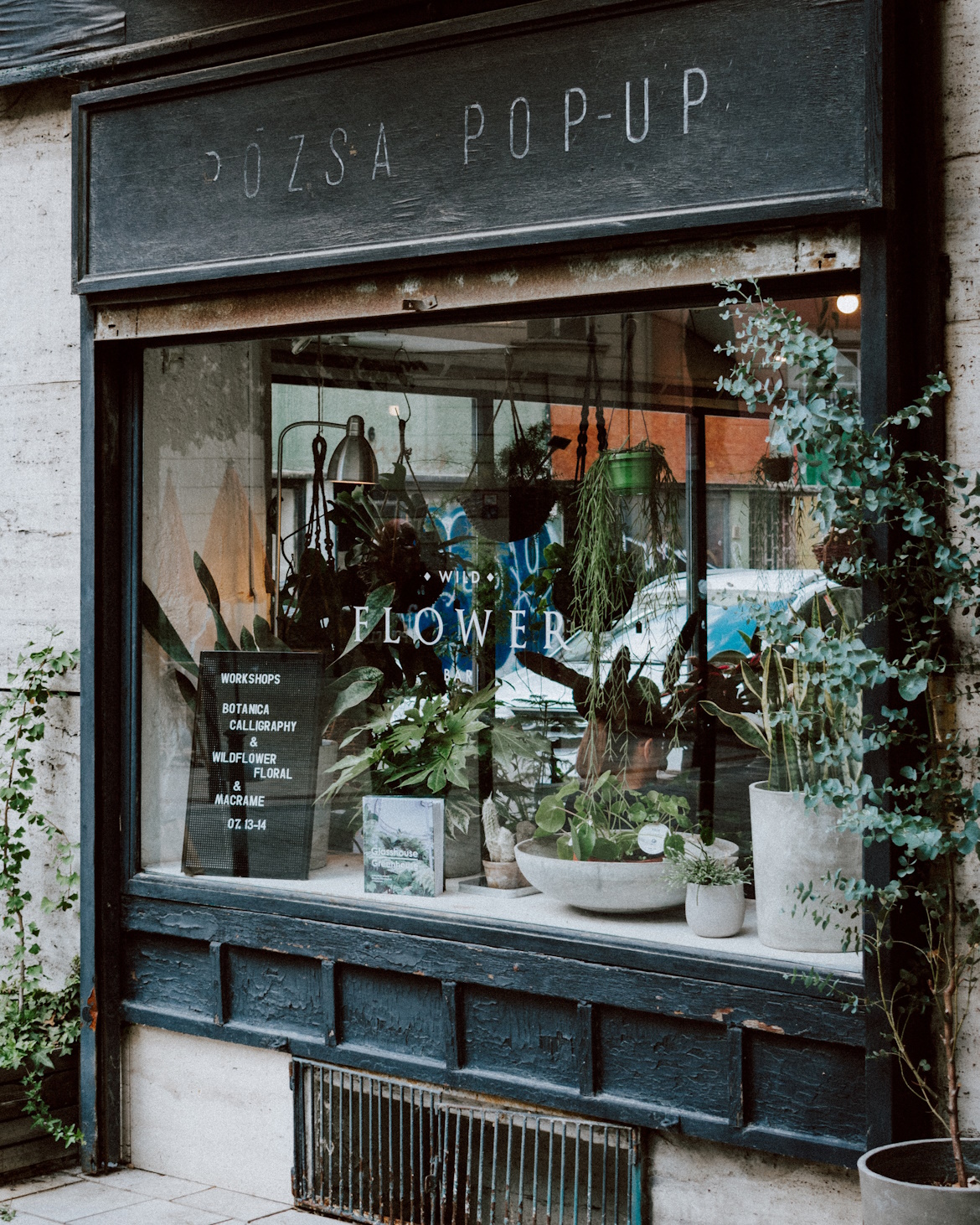Guide to the Different Grades and Categories of Office Space in London
London provides many commercial property types, including retail, healthcare, leisure, and office space. Our guide will teach you the different grades and categories of office space and which will be the best fit if you’re looking to rent office space in London.
Office space falls under one of the following grades:
Grade A
Grade A office space is the crème de la crème of the workspace world. Grade A offices are designed to a high specification and they are normally based in prime business postcodes. For this reason, the rent can be higher, however the excellent amenities they come with – such as gyms and restaurants – can attract and retain talent.
Grade B
Although generally older than their Grade A counterparts, Grade B offices are still in good condition and can have everything a business needs to work comfortably and productively. They have normally been previously occupied so furniture, décor etc is not brand new. Grade B’s can be in slightly less sought after locations and can work for organisations that want a good workspace but don’t have a big budget to spend.
Grade C
Grade C office spaces are usually located away from city centres in older buildings. They tend not to have as many facilities as Grade A or B offices. However, they often function well and can make the perfect home for startups or businesses with tight budgets.

Types of Commercial Properties
Of course, offices aren’t the only type of commercial property. There are various other forms that are designed and built to accommodate the needs of non-desk-based businesses. Generally, commercial property can be divided into the following five categories:
1. Offices/studios
Offices and studios are found in buildings occupied by one organisation or multiple smaller ones. While office space can contain private partitioned offices and coworking, studios tend to be shared by smaller creative businesses and artists.

2. Industrial
Industrial buildings are usually built outside of cities due to the noise and waste they produce. They’re used by businesses that manufacture or distribute products.
3. Retail
Retail units are properties designed for businesses that sell goods as opposed to manufacture or distribute them, such as shopkeepers and salon owners.
4. Healthcare
Hospitals, dentists' surgeries and care homes are all types of medical property. The type of licensing required for a medial property depends on the medications that it provides.
5. Leisure
Leisure commercial properties encompass pubs, restaurants, bars, hotels and more. As with medicine, licences are required for producing and handling food.
Classes of Commercial Properties
A building’s “Use Class” denotes what it can be legally used for. In other words, what work can be carried out with the space. The Use Class system was reformed in 2020; new Use Classes (E, F.1 and F.2) were introduced to replace A, B, C and D.
Let’s take a closer look:
Class E: Commercial, Business and Service

Class E properties can be used for the following purposes:
• Offices
• Shops, cafés, or restaurants that sell food that is primarily consumed on the premises (however, takeaways are considered “Sui Generis”)
• Services, such as estate agents and recruiters
• Gyms and wellness establishments
• Medical and health services (aside from if the property is attached to the practitioner’s residence)
• Childcare facilities such as nurseries
• Organisations that carry out research and the development of products
• Industrial processes that don't impact the local area with smell, noise, etc.
Class F.1: Learning and Non-Residential Institutions

Class F.1 properties can be used for the following purposes:
• Education
• Law courts
• Public libraries and reading rooms
• Museums
• Display (not sale) of art
• Exhibition halls
• Public worship
Class F.2 – Local Community
Class F.2 properties can be used for the following purposes:
• Community halls
• Outdoor sport spaces
• Indoor/outdoor swimming pools or ice rinks
• Shops under 280 square metres that sell essential goods, and are the only one within 1000 metres
Sui Generis
The term “Sui Generis” is Latin for “in a class of its own”. It’s used to define properties that don’t fall into the classes above, including takeaway-only establishments, salons, pubs and wine bars, taxi firms, betting shops and businesses that rent or sell vehicles.
Whatever grade of office you choose, it’s important to select the right one for your own circumstances and plans. Flexible workspaces – including serviced offices and coworking – can provide you with the flexibility you need to compete and grow with confidence.